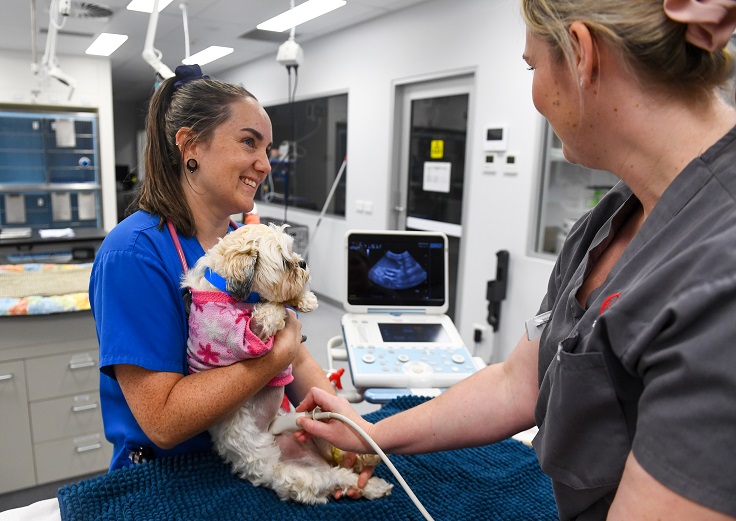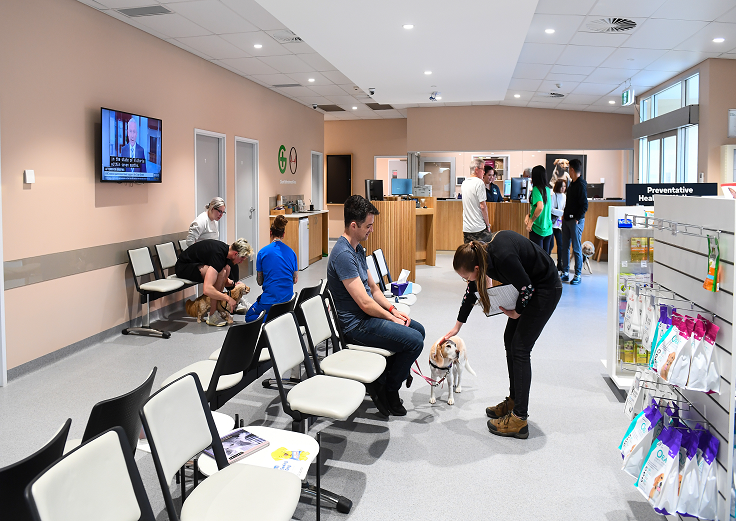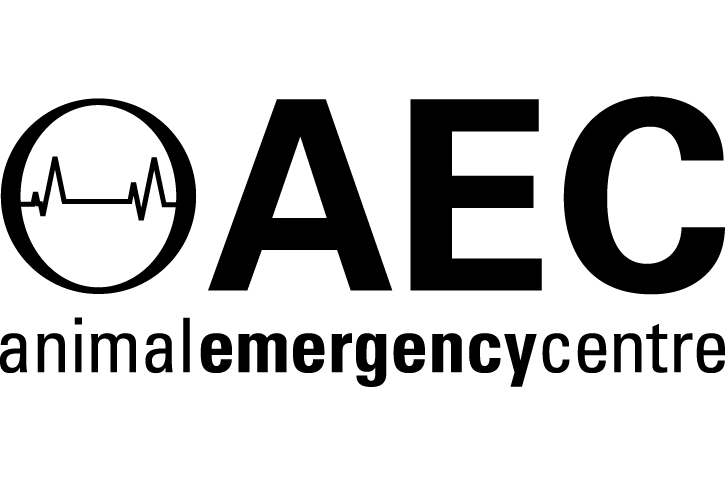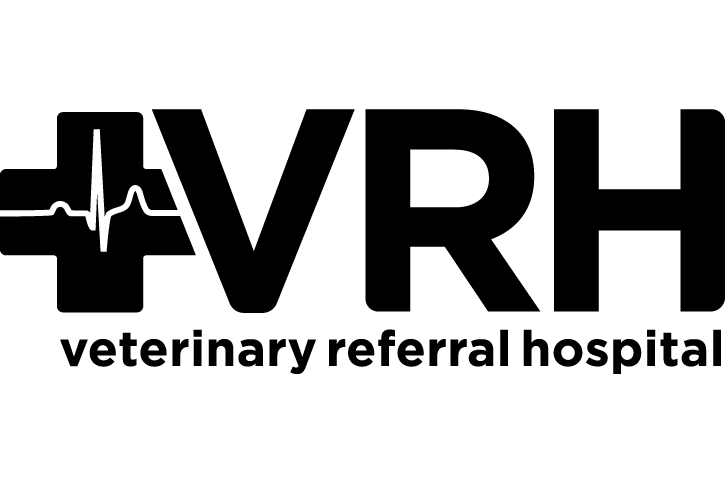We take pride in our specialty services
Our Network
Our Animal Referral & Emergency Network is the largest specialty and referral network in Australia, consisting of more than 20 sites. With more than 1,200 dedicated team members, including approximately 600 nurses and almost 400 veterinarians (including specialists and registrars), we provide exceptional care for your pets. Count on us for expert medical attention and comprehensive veterinary services.
.png)














